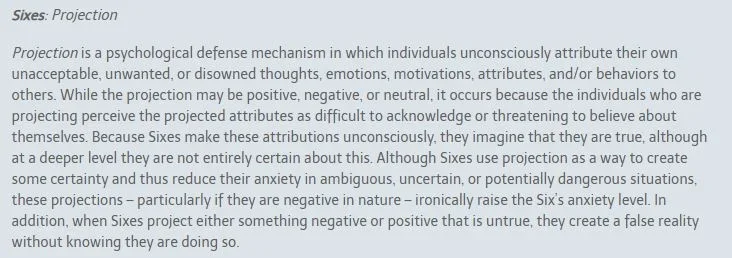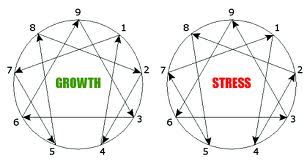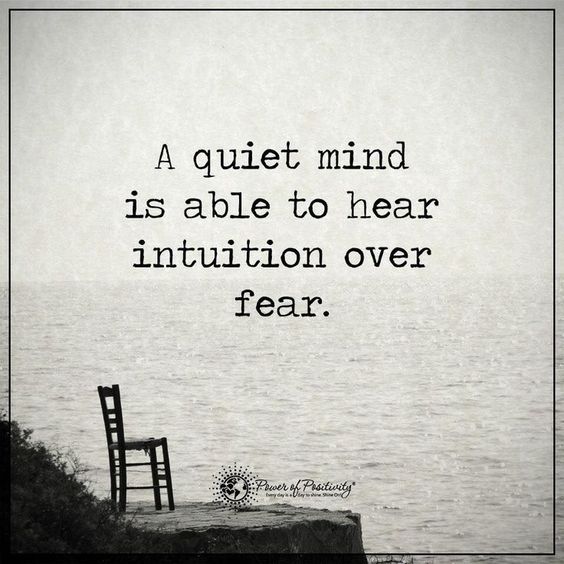D
Deleted member 16771
What do you mean?yeah, bs; on that one
What do you mean?yeah, bs; on that one
Hold on, I'm going to PM you.Learn the thread, understand the implications.
It's important to have a good relationship with yourself, and we all need some care for ourselves every now and then, so I thought to give it a shot and gather some findings in here (mostly regarding MBTI, Enneagram, Archetypes but also in general).
I would like this to be a place for sharing findings and inspiring (type oriented if it is a thing), or even quick kick-starting self-care when you need it, because honestly its very often a topic.
Please, remember: decide for yourself what suits you personally, and what makes logically sense to you.
Additional Threads (Forum Self-Care Kit):
- Discuss personal self-care experiences: Self-Care: What have you done for you lately?
- Sensory Self-Care (Grounding) 1: What are your favorite healthy ways to engage Se?
- Sensory Self-Care (Grounding) 2: Best Enriching Se Activities
- .
- Being Present for INFJ: LIFE IN AN OVERACTIVE MIND : Intuition and Mindfulness
- Discuss being present 1: INFJ's and being more present
- Discuss being present 2: INFJs and Being Present, or Lack Thereof
- .
- Tunes, Links about calming the mind: Magical Meditation Corner
- Discuss Meditation Experiences: Your Meditation Experiences
- Visual Calm vibes: Calm
- Meditative Exercises: Coloring... YAY!
- Enhance your Awareness 1: Mindfulness Practice
- Enhance your Awareness 2: Noticed anything today?
- .
- Instant Good vibes 1: Cute, Funny, Weird Cats
- Instant Good vibes 2: Funny Picture Thread
- Good thoughts, the Grateful Thread: I am grateful for...
- Good thoughts, the daily Positivity: What made you smile today?
- .
- Quoted: Affirmations, Philosophies & Beliefs: Thoughts, Feelings, Beliefs, and Philosophies
- Quoted: Wisdom & Sayings: Post your favorite quotes
- Growth-oriented thoughts: What have you learned today?
- Appreciate yourself 1: What's your favorite aspect of yourself?
- Appreciate yourself 2: How do you celebrate yourself, your steps, accomplishments and life?
- Being Aware of what is important to you in life: Being Remembered
- .
- Write down the unexpressed: Dear So and So
- Space to emote negative (& beautiful) feelings: Sad Melancholy Thread
- Express your mood & feels 1: Post your mood in picture form
- Express your mood & feels 2: Write what you feel
- Express your mood & feels 3: Post your mood in music format
- Express your self and hopes: Post your favourite poems
- On Journaling: journaling, do you keep a journal or read them?
- Open up and share 1: Write what you think
- Open up and share 2: Confess Something Not So Anonymously
- .
- Connect with your Inner Child: So, what does your inner child look like?
- Understand your Suppressed Side: The Shadows
- .
- Boundary-related issues: Where you end and I begin
- Setting boundaries: How do you say no?
- ...
Ok, first of all..
General Types of Self-Care:



1. Emotional Self-care
Emotional is one of the most common self-care types and there are reasons why it is so popular and important. Emotion is what decides our performance and no matter how hard you try to avoid, it will always affect your actions, your mind, and your body. But there is no bad or good emotion, all your emotions are valuable and need special attention. The key to managing your emotional health is to fully accept it and fully respond to it. Hiding or pushing down your feelings only make it worse and leads to stress. So face your emotion head-on and practice emotional self-care.
– You are stressed.
- When you need emotional self-care:
– You are emotionally unstable.
– You are sleep deprived.
– Insecure, self-doubt and negative thoughts in your head.
– Consult a Psychologist.
- Ideas for emotional self-care:
– Mediate.
– Write an emotion journal.
– Listen and sing your favorite song.
– Learn to accept yourself.
– Stop holding back your tears.
– Really listen to your self-talk.
2. Physical Self-care
Self-care also covers physical aspects of your health to make sure you have a healthy body. Physical activities are not only important for your fitness but also helps in reducing stress and other mental benefits.
And since it is self-care, it focuses on helping you feel good rather than just pushes you to work out every day. Physical self-care isn’t just about going to the gym. Dancing, jogging, yoga, playing a sport or even walking is a physical self-care activity, as long as you feel good and love doing it. So pick up a physical hobby that you enjoy and spend more time on it.
Furthermore, physical self-care is not only about actions, it also about relaxing and keeping yourself balanced. Take a nap, slow down when you are tired or not well, have 7-8 hours of sleep, keep your skin glowing are also important acts of physical self-care
– You skip meals.
- When you need physical self-care:
– You don’t exercise.
– You have a poor diet.
– You are sleep deprived.
– You feel weak, heavy and prone to sickness.
– Dancing.
- Ideas for physical self-care
– Yoga.
– Learn a new sport.
– Go for a walk or a hike.
– Take your dog out.
– Improve your skincare routine.
– Keep a diet and sleeping journal for tracking.
3. Social Self-care
Connecting with other people is important for everybody whether you are an extrovert or introvert. Therefore, social self-care is another important aspect but doesn’t get much attention. Socializing is a crucial factor to fight loneliness, isolation and negative thoughts. It helps you feel that you are not alone and feel the love and care from other people.
And social self-care is not simply just hanging out and doing things with other people, it focuses on doing good things with some great people that you love spending time with. They are the ones that make you feel comfortable, understood and add value to your life.
– You feel lonely.
- When you need social self-care:
– You feel lonely even with a group of people.
– You feel lost and misunderstood.
– You have no time for yourself.
– You don’t have anyone to really talk to.
– Reach out for someone you haven’t seen in a while.
- Ideas for social self-care
– Cook for your family and friend.
– Join a hobby club.
– Call someone who lives far away.
– Disconnect with people who make you feel uncomfortable.
– Say no when you want to.
Source
Really nice thread! Impact positively! (Sorry by the near pun reply)










You're very welcomeI'm signed up, thank you for sharing this
Check Up
1. you're calm: the picture is still
2. your're (slightly) tense: the picture is moving
3. your're stressed: the picture is moving fast
View attachment 58782
Now, try relaxation and take a deep breath-!

Lol, love this!
Number 2.
*takes a deep breath*


